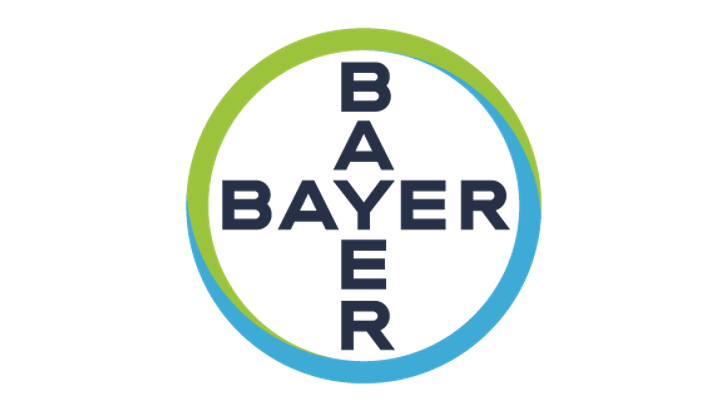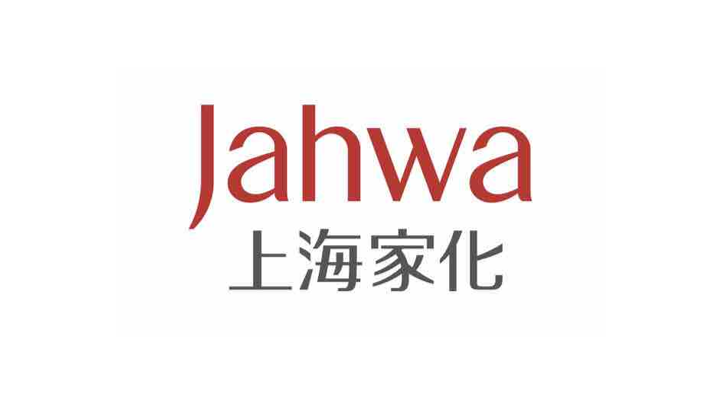In recent years, the new trendy consumer goods is undoubtedly an extremely hot track. Various FMCG new trendy brands are rapidly emerging and are highly sought after by young people today. New FMCG products have been in the limelight for a while and are getting more and more attention. With the rapid development and improvement of the national economy, consumers have turned more attention to domestic brands and are willing to pay for creative and tasteful domestic brands. Behind this fever, how should the FMCG industry seize the opportunity to realize the digital transformation of brands?

1. The current situation and problems in FMCG industry
New FMCG brands meet the characteristics of young consumers pursuing individuality and fashion. However, for new consumer brands, they also need to constantly innovate their products around consumers' demands, so as to bring consumers a better user experience.
Despite the rapid development of new FMCG products, they also face a series of challenges, among which the most prominent is that the shopping channels and scenarios of consumers are becoming more and more diversified, so how to effectively integrate the full touch points such as online and offline, so as to better connect with consumers and influence users' decisions at key points and moments is still troubling enterprises.
One of the major features of the digital performance of new consumer brands is the realization of two-way coverage of online and offline. Nowadays, consumers' contact points are becoming more and more fragmented. Faced with numerous online and offline contact points and scenarios, brands need to effectively integrate these fragmented user data to match "people, goods and fields". At the same time, the core of digital transformation has also changed from the original product as the king to the consumer-centric, establish a consumer-centric operation and sales system, insight into the needs and wants of consumers, in order to further match the strategy and methods of product services.

2. How to achieve digital transformation in FMCG industry?
1) Business Datamation
With the coming of the Internet era, the FMCG industry needs to build a lot of different systems for business development. A large amount of data is accumulated in the service, and on this basis, some data analysis is carried out.
2) Data Assetization
In the era of big data, everything is connected, and technologies such as big data, cloud computing and artificial intelligence can capture consumers' personal information and classify tags, for example, age, spending power, interests and other occupations, to map the brand's user profile, pinpoint product positioning and build the brand's own data assets.
3) Asset Valorization
Consumers consume with scenarios, and the established database needs to be combined with business scenarios to realize its value, changing the way of relying on the system to help make decisions in the past to making decisions with data, accumulating experience, improving efficiency, business empowerment and innovation through data reuse and safe sharing.
On the basis of establishing and improving data assetization, fine classification of consumers, accurate push operation, first through the data for the application of concrete scenarios, and then through the application of scenarios to bring value to the enterprise. Enterprises need to do the integration of all business, online and offline to open up, the massive amount of data from each platform aggregation, systematic integration and restructuring. This is the problem of digital transformation of many enterprises nowadays.
4) Value Servitization
Companies need to integrate internal and external service capabilities, package business capabilities into standard services, and use platform-based thinking to plan and build valuable and reusable service platforms. Like the middle platform system in recent years, brands can be empowered by the middle platform to complement each other's strengths and weaknesses, and each take what they need to develop together.
5) Service Ecologization
In terms of the current trend, if enterprises want to achieve transformation and upgrading, they must be open, and at the same time form connections with the industry, not only to serve the front and back ends of the enterprise, but also to serve various business units and the entire industry chain.
6) Industrial ecology
The key to digitalization is that the upstream and downstream enterprises of the entire industry chain need to be empowered with their core competencies and resources through digital platforms and brands, which can eventually lead to efficient division of labor and more reasonable value distribution, change the closed enterprise organization in the past, blur the edges of the enterprise, expand the boundaries and organization to the industry chain level, and also make up for their own weaknesses to achieve the overall complementary strengths and optimal configuration.
About Us
Founded in 2001, Linkwin is a global leading tech company on digital service and intelligent connections. We are committed to provide innovative solutions and excellent operation/services on Digital Manufacturing, Digital Supply Chain, Digital Marketing, and Big Data & AI. Up to now, Linkwin has been serving 300+ Customers from 50+ countries and regions in the fields of agriculture, industries, commerce, and government affairs.

Digital Manufacturing
Linkwin has a deep understanding of customers' expectations for production line efficiency. We help to digitize production and accelerate the process of industry 4.0 through industrial IoT, industrial vision, digital signage, production line OEE and other solutions.
Innovative highlights: WinIoT Cloud Platform, WinVision Solution
Digital Supply Chain
Linkwin provides customization solutions for full-chain traceability solution, commodity anti-counterfeiting and WMS, to realize digital management of the entire supply chain and make it more efficient and transparent.
Innovative highlights: Micro-texture Code, Full-chain Traceability Solution
Digital Marketing
Linkwin uses "code + data" as the link to achieve omni-channel digital marketing, to help brands accurately link to consumers, build the private domain traffic, realize the differentiated operation, and continuously promote sales conversion and expand brand influence.
Innovative highlights: Applet intelligent operation, Customized omni-channel marketing solutions
Big Data & AI
Linkwin deploys hybrid cloud services to provide dynamic and isolated IT resources for enterprises. All the data is based on Blockchain technology, providing the security of annually increased 30 billion commodity data and 0.2million IoT nodes.
Innovative highlights: Blockchain traceability Solution, Hybrid cloud service

















